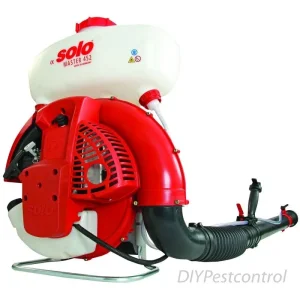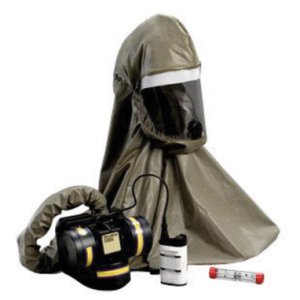JORDY
5 year old buck +
Hey guys
I have a bumper crop on many of my apples, pears, peaches and plums this year. Much of my fruit is getting annihilated by bugs. I'm not interested in doing a full spray regimen but I would like to selectively spray some fruit to get a nice representation of different varieties. Would neem oil be my best option to spray clusters of fruit that appear to be in good shape? I prefer to keep it organic in nature. Or am I to late for this season and just hope for a good clean apple here an there etc... Pears look much better at this point.
I appreciate some direction with this gents
Jordan
I have a bumper crop on many of my apples, pears, peaches and plums this year. Much of my fruit is getting annihilated by bugs. I'm not interested in doing a full spray regimen but I would like to selectively spray some fruit to get a nice representation of different varieties. Would neem oil be my best option to spray clusters of fruit that appear to be in good shape? I prefer to keep it organic in nature. Or am I to late for this season and just hope for a good clean apple here an there etc... Pears look much better at this point.
I appreciate some direction with this gents
Jordan



